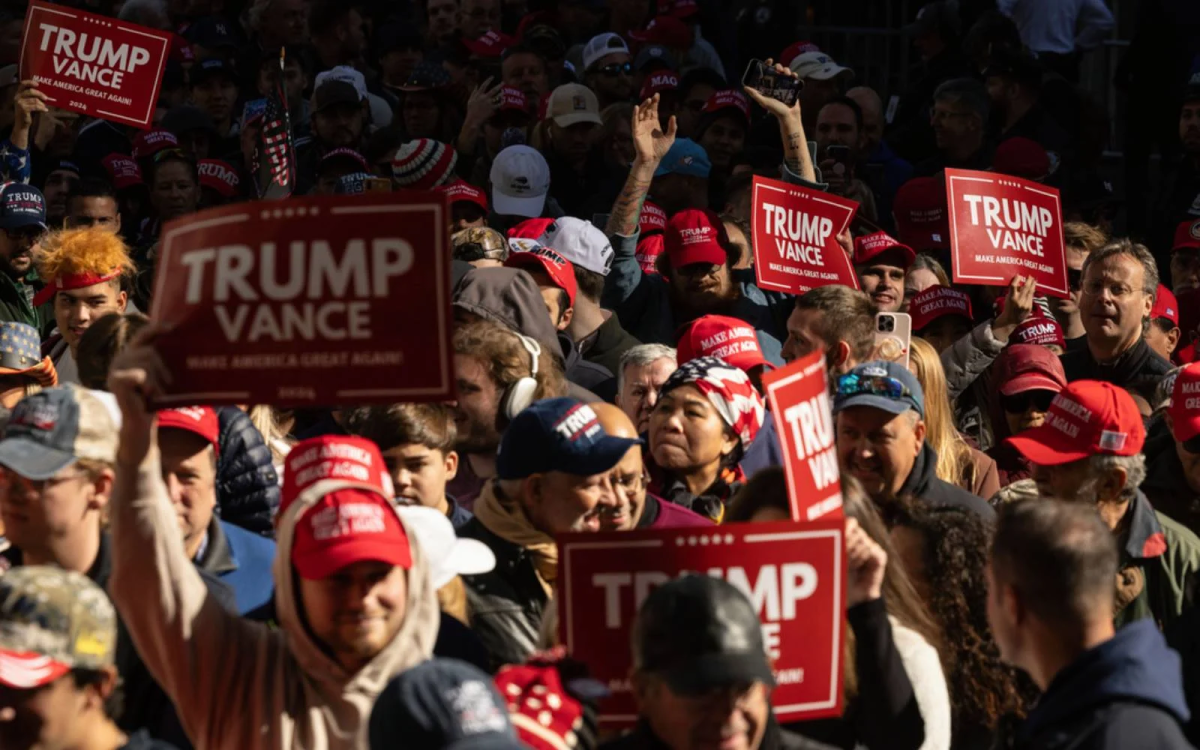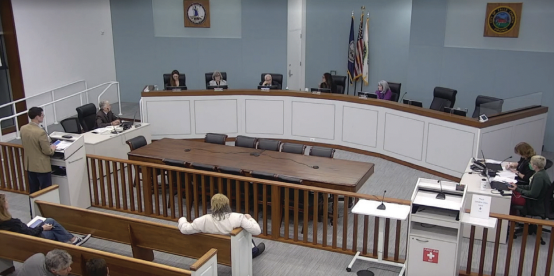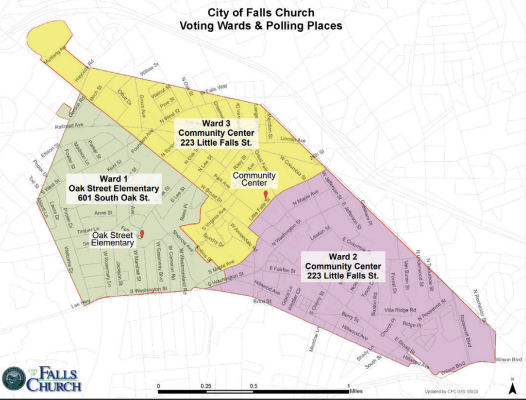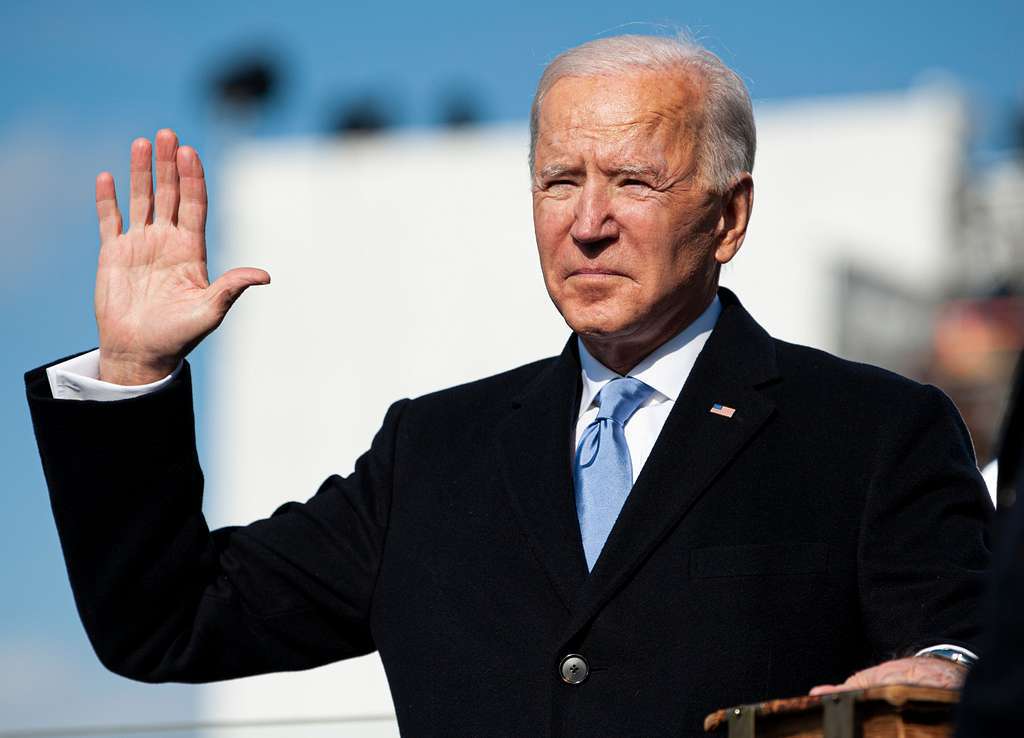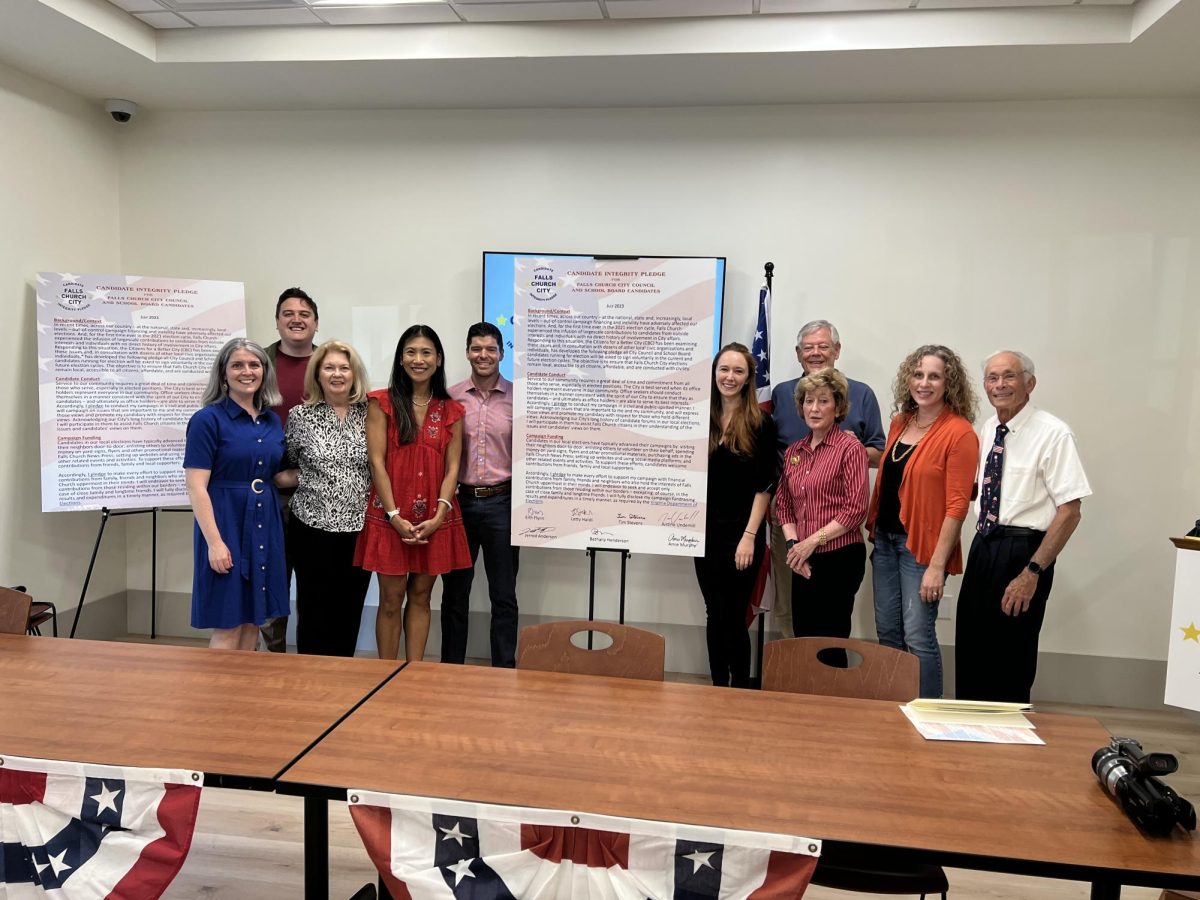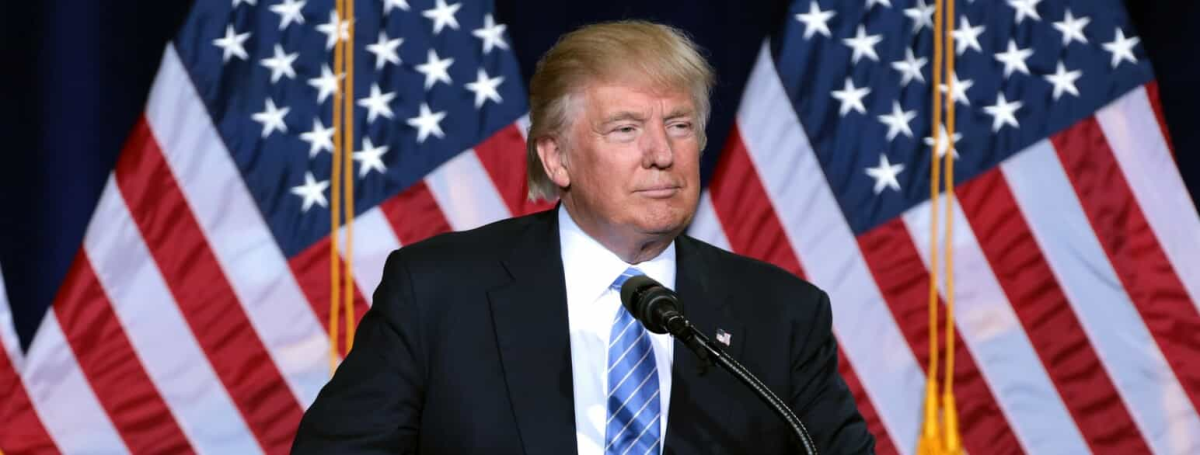Disclaimer: The opinions of students in this article do not necessarily reflect the opinions of the editorial board.
Former President Donald Trump and Vice President Kamala Harris both recently hosted major rallies, as election season begins to draw to a close. Taking place on October 27 and 29 respectively, both candidates took the chance to present their closing arguments.
Trump’s rally took place in Madison Square Garden on October 27, and attracted a lot of media attention due to its controversial nature. Comedian Tony Hinchcliffe called Puerto Rico a “floating island of garbage,” drawing ire from many Puerto Rican groups, including voters in the all-important state of Pennsylvania. The reaction was so negative that the Trump campaign attempted to distance themselves from the joke, claiming that it did not reflect the views of the Trump campaign.
“Puerto Rico is a territory under the U.S., too, right? For a past, and potentially future president, to be saying such things about the U.S.’s own territories, doesn’t give a good look in any regard, and [it shows] that Trump is just saying whatever gets him the most cheers at his rallies,” said junior Kira Pike.
Trump also announced a new policy that he plans on implementing if he is elected, promising tax cuts for caregivers. This appeal to blue collar workers was quickly followed by familiar talking points surrounding immigration. He called for the death penalty for any migrant who murdered a US citizen, and promised to end the “migrant invasion of our country.”
Trump’s harsh anti-immigrant stance is a common point of controversy for him, with many of his statements leading to accusations of racism.
“Trump trying to say that we have a ‘migrant invasion’ in a country like America, that is so focused on being a melting pot of cultures that we don’t have an official language, is absurd. This country is built upon migrants and settlers. Why would we at any point in time try to stop that? He’s a white supremacist, and it shows,” said junior Millie Beaudry.
Trump also earned backlash for holding the rally in Madison Square Garden, with Democrats like Hillary Clinton drawing parallels to the pro-Nazi rally in 1939 in the same location, although Trump supporters vehemently denied the accusations.
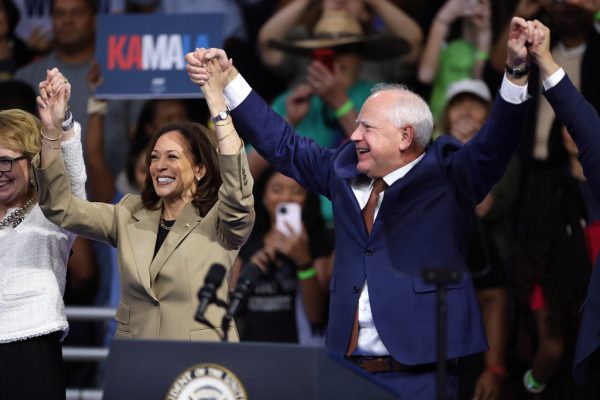
Harris held her closing arguments speech at the Ellipse, at the same place that Trump spoke on January 6, 2021. This location, like the rest of her speech, was meant to draw a contrast between her and Trump.
Harris took the opportunity to highlight the differences between her and Trump, accusing him of pointing fingers and criticizing his “enemy within” rhetoric as dangerous and dividing.
She pledged to seek common ground and give people who disagreed with her a seat at the table, and finished her speech by encouraging Americans to “turn the page” on Donald Trump.
This close to the election, emotions are running high, as Meridian students face a remarkably close election.
“I feel like everyone’s really undecided, I’m really interested in how it turns out, because the polls are saying that it’s 50-50,” said an anonymous sophomore.
However, the election is unlikely to affect most Meridian student’s day-to-day lives in the short term, and that is reflected in some student’s outlooks. Many students have simply chosen to go on with their lives, concluding that there is little they can do to influence the outcome of this election.
“The election isn’t really mentally affecting me at all,” said William Anderson, a junior.
Another main concern among students is whether the results will be decided on election day. In 2020, the amount of early voting and voting by mail meant that the election was not decided until several days after election day, and some fear that this will happen again this year.
“I feel like everyone’s on edge. It would be really bad if [one of the candidates] wins. It’ll be even more stressful if it doesn’t get decided on election day,” said another anonymous sophomore.



